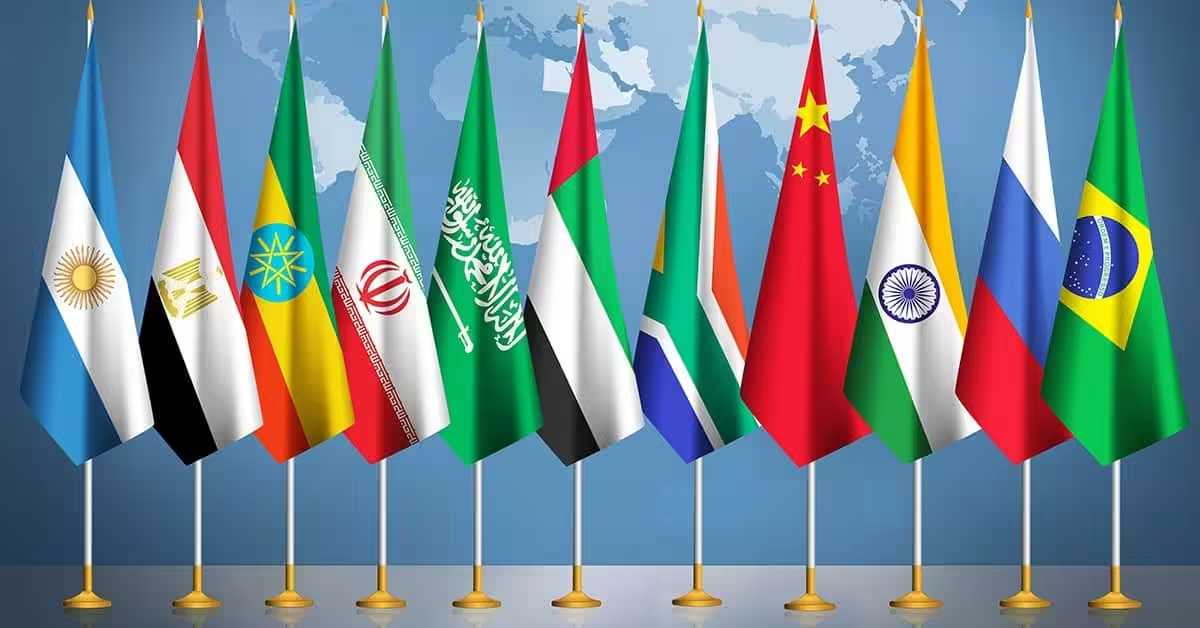|
Getting your Trinity Audio player ready...
|
India and Indonesia, two key members of the BRICS alliance, have officially agreed to abandon the US dollar for cross-border transactions, opting instead to settle trade in their respective local currencies. This landmark decision, made despite former U.S. President Donald Trump’s threats of imposing 100% tariffs on imported goods, signals a significant shift in global trade dynamics.
BRICS Pushes Forward With De-Dollarization
During a diplomatic meeting in New Delhi, Indian Prime Minister Narendra Modi and Indonesian President Prabowo Subianto endorsed a new economic policy that promotes financial integration through national currencies. The decision aligns with BRICS’ broader de-dollarization agenda, which aims to reduce reliance on the U.S. dollar and enhance economic sovereignty among member states.
“(Both leaders) emphasized the importance of its expeditious implementation. They expressed confidence that using local currency for bilateral transactions would further promote trade between Indonesia and India and deepen financial integration between the two economies,” read the joint statement issued by the Indian Foreign Ministry.
Under this policy, the Indian rupee and the Indonesian rupiah will serve as the primary currencies for trade settlements between the two nations. Indonesia, which joined BRICS in January 2025, has quickly embraced the shift away from the dollar, further accelerating the alliance’s mission to challenge the U.S. currency’s dominance.
Impact on the U.S. Economy
If BRICS continues its de-dollarization push, several key sectors in the U.S. could face disruptions. Industries such as oil and gas, manufacturing, and financial services—traditionally dependent on the dollar’s role as the world’s reserve currency—may encounter declining demand. Reduced global reliance on the U.S. dollar could also weaken its value, triggering inflation and higher borrowing costs domestically.
With Trump back in the White House, Washington is expected to respond to BRICS’ economic maneuvers. However, if no concrete action is taken to counter the de-dollarization wave, the U.S. dollar risks losing its stronghold in global trade.
Also Read: BRICS Denies Plans for Common Currency Amid Trump’s Tariff Threats: Kremlin Clarifies Agenda
As BRICS nations continue to challenge the dollar’s supremacy, the financial landscape is poised for a dramatic transformation. The coming months will be crucial in determining whether the U.S. can reclaim its dominance or if local currency trade becomes the new global norm.
Disclaimer: The information in this article is for general purposes only and does not constitute financial advice. The author’s views are personal and may not reflect the views of Chain Affairs. Before making any investment decisions, you should always conduct your own research. Chain Affairs is not responsible for any financial losses.
I’m your translator between the financial Old World and the new frontier of crypto. After a career demystifying economics and markets, I enjoy elucidating crypto – from investment risks to earth-shaking potential. Let’s explore!



